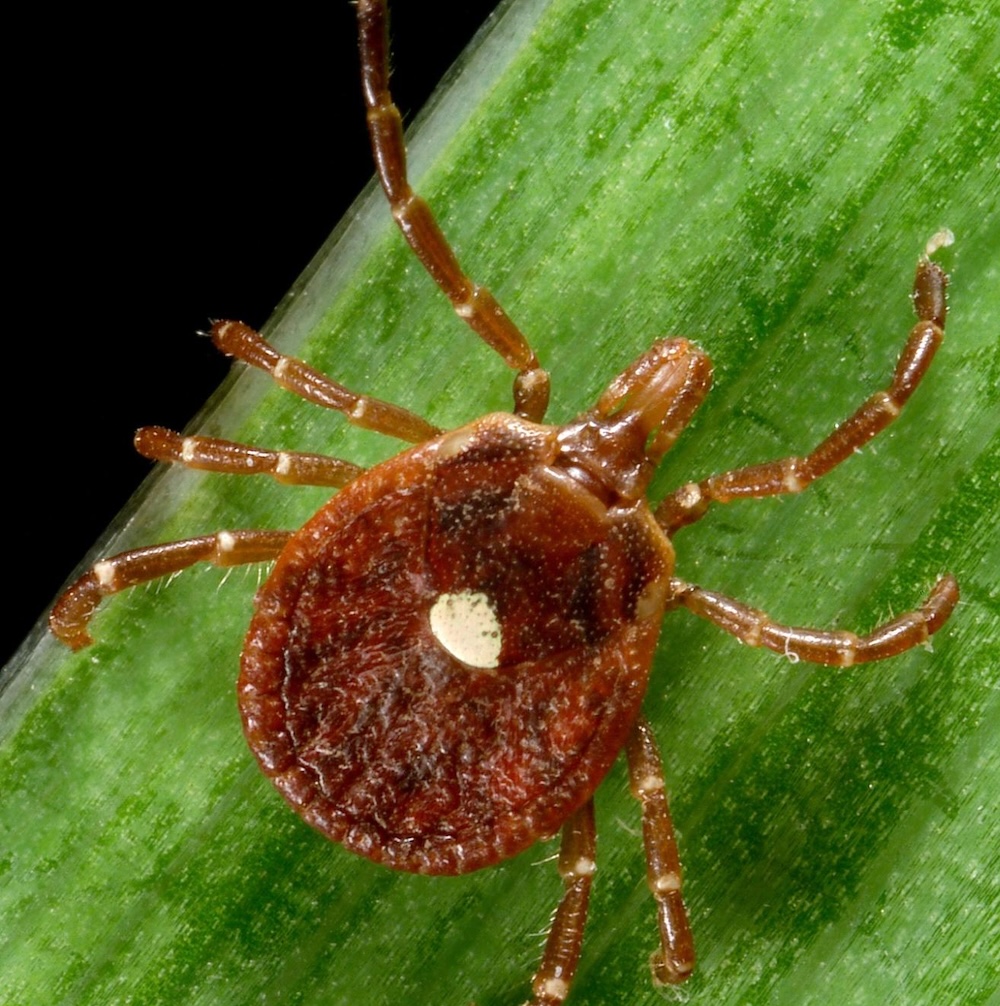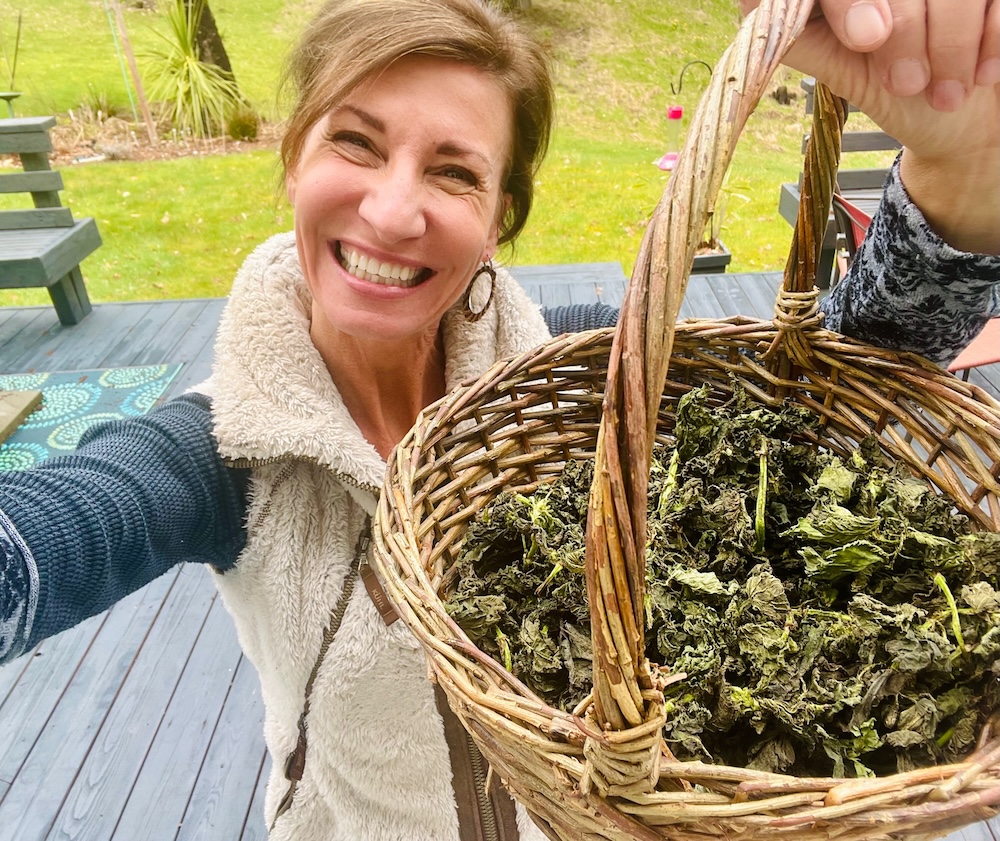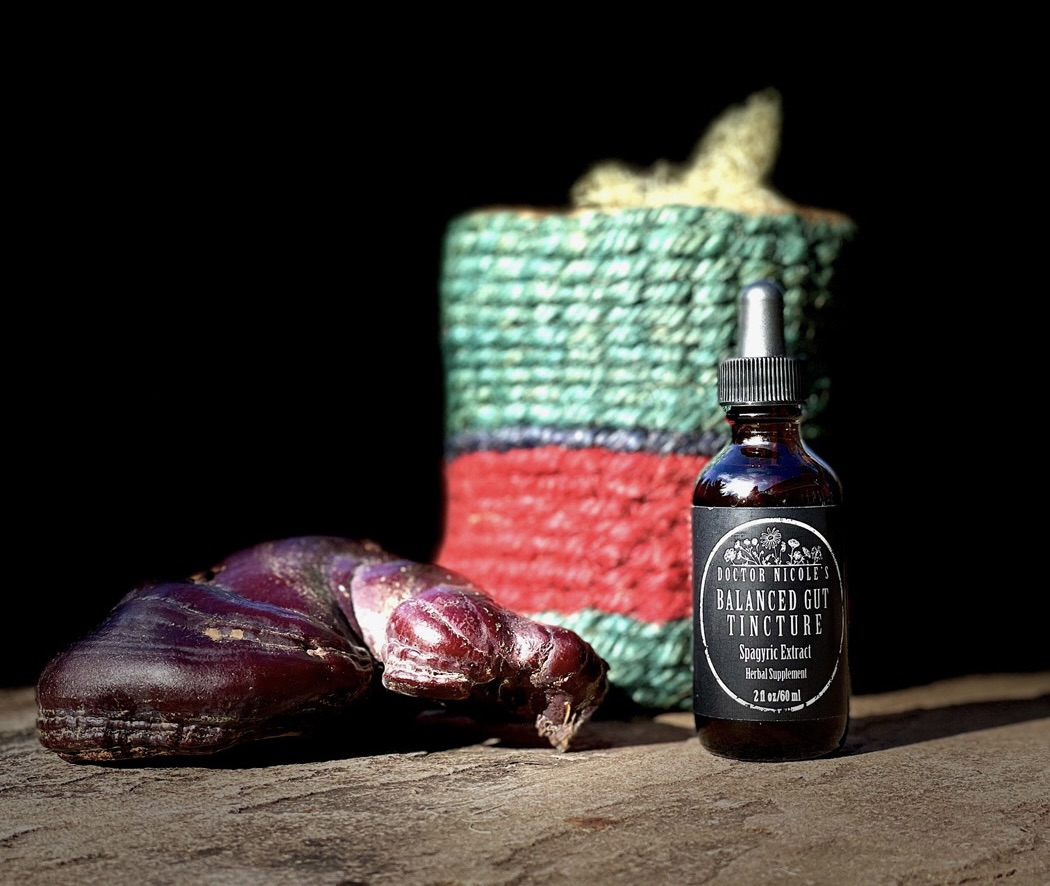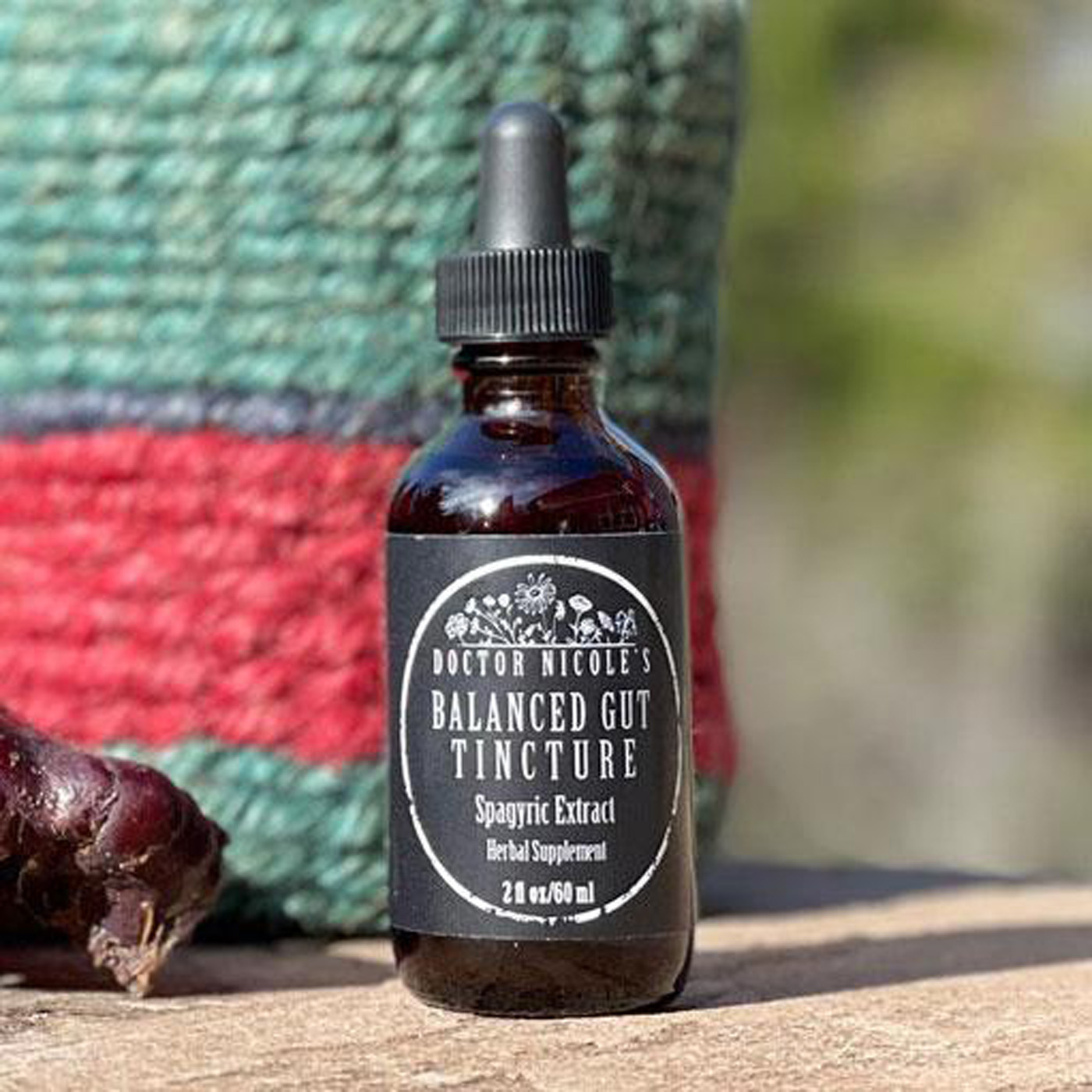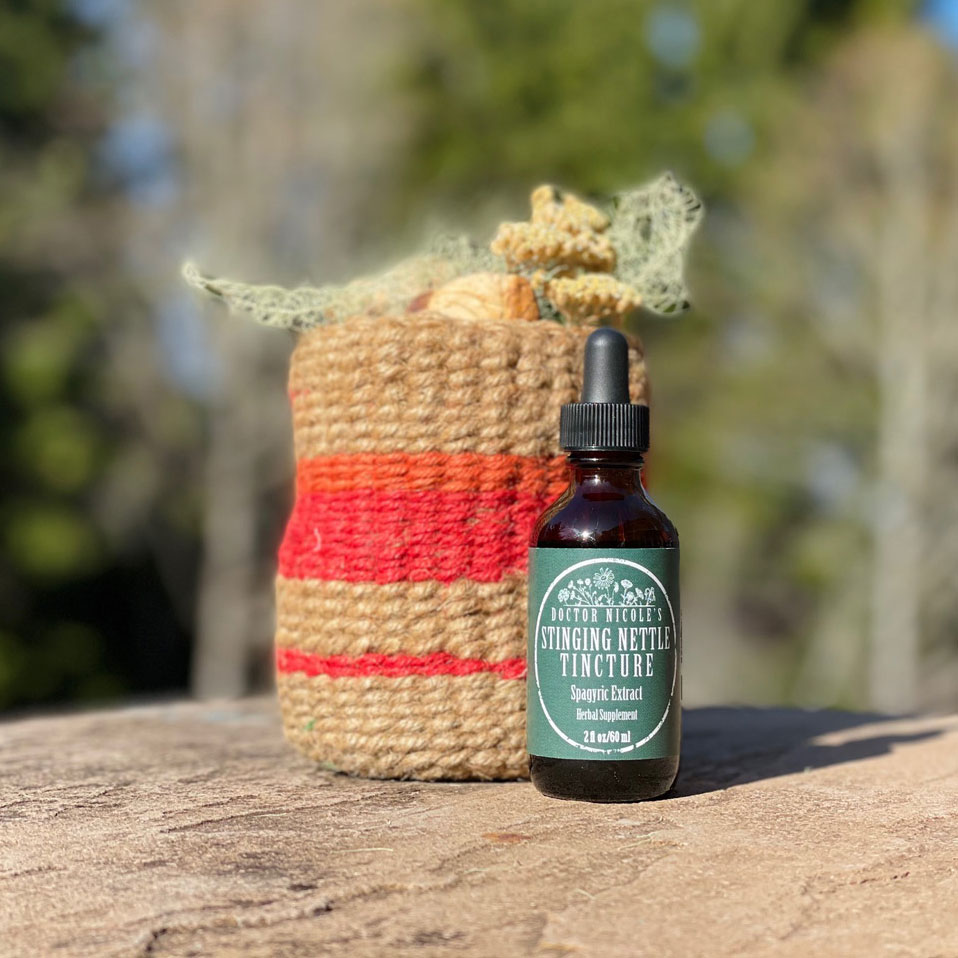What is Alpha-Gal Syndrome?
Have you heard of alpha-gal syndrome (AGS)? Cases have been steadily increasing in the United States and around the world for several years now. AGS is also known as red meat allergy, where people have an IgE antibody reaction to the alpha-gal sugar found in beef, pork, and lamb — but absent from humans, fish, and birds.1
Symptoms include hives or rash, headache, runny nose, asthma, nausea, vomiting, stomach cramps, and diarrhea, which generally occur three to six hours after eating meat. For those with a severe case, difficulty breathing can arise and the development of anaphylaxis, thus requiring immediate medical attention. The disease is primarily caused by the bite of a lone star tick, which is found in the eastern, southeastern, and south-central regions of the United States. In other areas of the world, several other tick species are also known to cause AGS.
Alpha-gal is also found in a range of other foods, medication, and medical products — including gelatin, snake antivenoms, prosthetic heart valves, dairy products, MMR and yellow fever vaccines, pancreatic enzymes, and heparin blood thinner. Gelatin-based products, such as marshmallows, jellybeans, and gel capsules also contain the sugar. If you have been diagnosed with the disease or have a reaction to the foods and products that contain alpha-gal, keep reading for recommendations on how to minimize the symptoms or avoid the disease altogether.
A Stealth Illness
Similar to Lyme disease, the symptoms of alpha-gal are often missed by doctors who are not well-versed about it. According to a study published in 2023, 42% of 1,500 physicians surveyed had never heard of AGS and fewer than a third knew how to diagnose the condition.2 And yet it is estimated alpha-gal syndrome may impact almost half a million Americans.
However, Ann Carpenter, a CDC epidemiologist and co-author of the study, believes this unawareness of doctors may indicate there are many more cases that have flown beneath the radar. A second study found cases have been rising by about 15,000 every year between 2017 and 2021 when the data was collected.1
Interestingly, the disease was discovered not by patients alerting their doctor about reactions to meat, but by the severe allergy to a cancer drug by the name of cetuximab. In 2006 the drug was approved by the FDA, although it immediately became apparent there was a real problem as it was causing significant reactions in the patients — but only those from certain regions in the US, leading researchers to believe there was an environmental influence at play. Sure enough, they were able to trace the disease to the lone star tick and antibodies for alpha-gal.
How to Minimize Symptoms & Avoid Disease
While there isn’t a cure for AGS, there are steps you can take to reduce the risk of a reaction. This includes avoiding anything that contains alpha-gal sugar, such as beef, pork, lamb, dairy products, and gelatin. Caution should be used with MMR and yellow fever vaccines as well as any medical product containing the sugar mentioned above. Physicians recommend keeping antihistamines or an EpiPen on hand at all times. A stinging nettle tincture, like the one found in my apothecary, is a natural antihistamine and may be helpful for preventing mild reactions. You can read more about this humble, yet powerful herb here.
Additionally, our Balanced Gut Blend contains herbs to heal a leaky gut, a condition known to aggravate food-based allergies and sensitivities. It is formulated with reishi, turkey tail, and lion’s mane medicinal mushrooms, along with plantain, marshmallow root, and slippery elm to calm inflammation, repair the intestinal tract, and restore healthy gut function.
It is also crucial to avoid tick bites, which may further aggravate the disease if the insect is a carrier of alpha-gal. Best practices include wearing light-colored, long-sleeved shirts, pants, and socks when in natural spaces. Some take added precautions by using pant leg ankle straps used for bicycling to secure the pant leg so ticks cannot crawl up the inside of the leg. Tucking your pants into your socks is another option. Wearing a sunhat is also protective against ticks falling from leaves and branches overhead.
DIY Recipe: To make a natural tick-repellent spray, mix 5-6 drops of oregano essential oil for every ounce of carrier oil and pour into a small spray bottle. It can be sprayed on your skin and clothing, but it is always a good idea to spot-test fabric first to avoid staining. Reapply thoroughly every hour or two.

Some report drinking 2-3 cups of Cistus incanus (hairy rock rose) tea per day will help to naturally repel ticks, mosquitos, and other biting insects, but these accounts are anecdotal and haven’t been tested in a clinical setting. However, studies have shown the herb is highly effective against the spirochete that causes Lyme disease, Borrelia burgdorferi. It also has powerful antiviral, antibacterial, and antioxidant properties.5
Happily, many fully recover from alpha-gal syndrome given enough time once the antibodies to the sugar subside. As physicians become increasingly aware of the condition, some medical centers are beginning to offer clinics to closely monitor patients with the disease as they slowly reintroduce foods containing alpha-gal and travel the path of recovery.
Until you overcome alpha-gal syndrome, the above tips can help to reduce symptoms and possibly speed healing. Visit my apothecary today and have a closer look at our Stinging Nettle and Balanced Gut Blend tinctures to learn more about how both can help you along your healing journey!
Nicole Apelian
Nicole’s Apothecary Products in this Post
References
- Kawamoto, Y., Ueno, Y., Nakahashi, E., Obayashi, M., Sugihara, K., Qiao, S., Iida, M., Kumasaka, M. Y., Yajima, I., Goto, Y., Ohgami, N., Kato, M., & Takeda, K. (2016). Prevention of allergic rhinitis by ginger and the molecular basis of immunosuppression by 6-gingerol through T cell inactivation. The Journal of nutritional biochemistry, 27, 112–122. https://doi.org/10.1016/j.jnutbio.2015.08.025. https://pubmed.ncbi.nlm.nih.gov/26403321/
- Ishikawa, Y., Tokura, T., Nakano, N., Hara, M., Niyonsaba, F., Ushio, H., Yamamoto, Y., Tadokoro, T., Okumura, K., & Ogawa, H. (2008). Inhibitory effect of honeybee-collected pollen on mast cell degranulation in vivo and in vitro. Journal of medicinal food, 11(1), 14–20. https://doi.org/10.1089/jmf.2006.163. https://pubmed.ncbi.nlm.nih.gov/18361733/
- Mlcek, J., Jurikova, T., Skrovankova, S., & Sochor, J. (2016). Quercetin and Its Anti-Allergic Immune Response. Molecules (Basel, Switzerland), 21(5), 623. https://doi.org/10.3390/molecules21050623. https://pubmed.ncbi.nlm.nih.gov/27187333/

